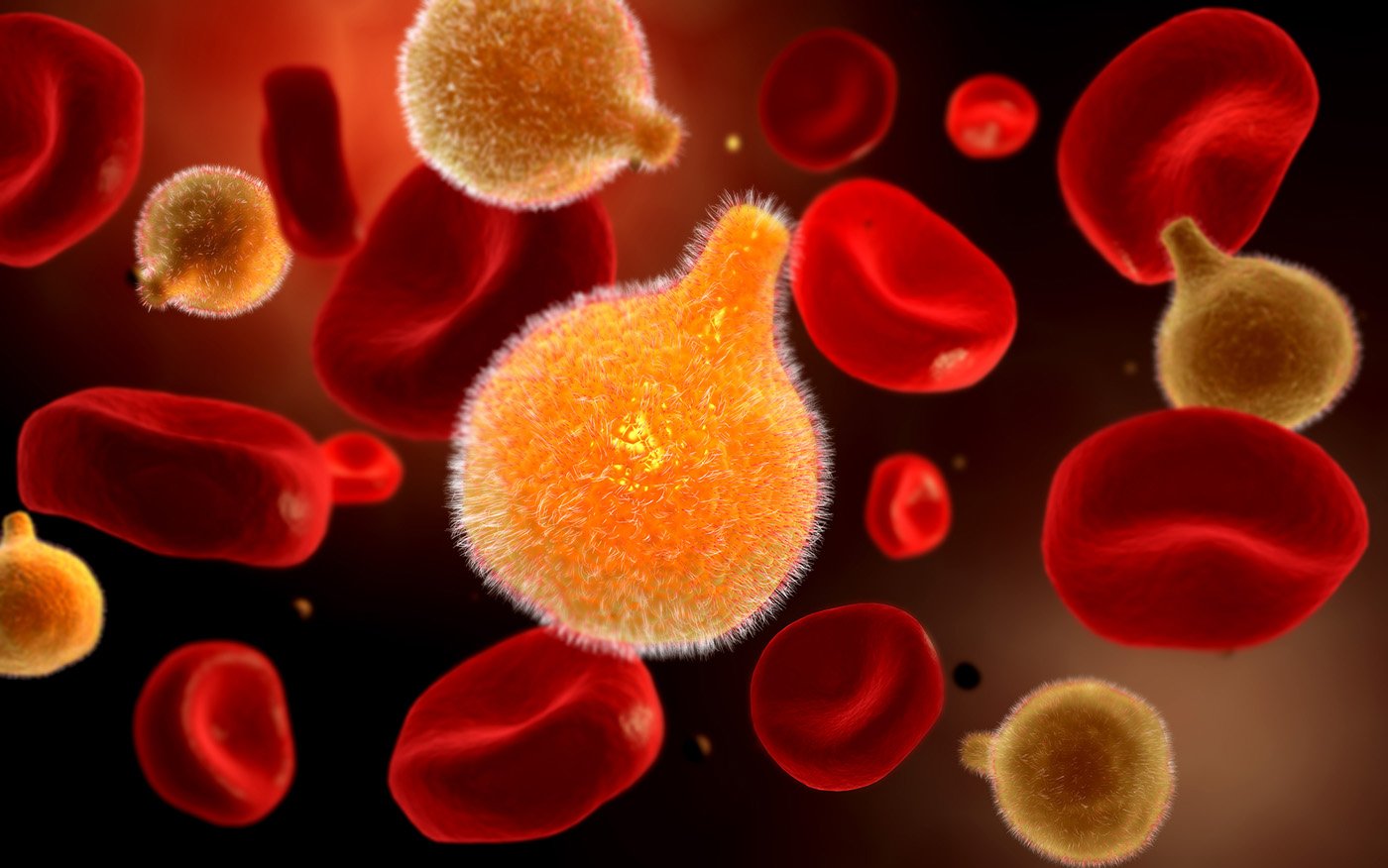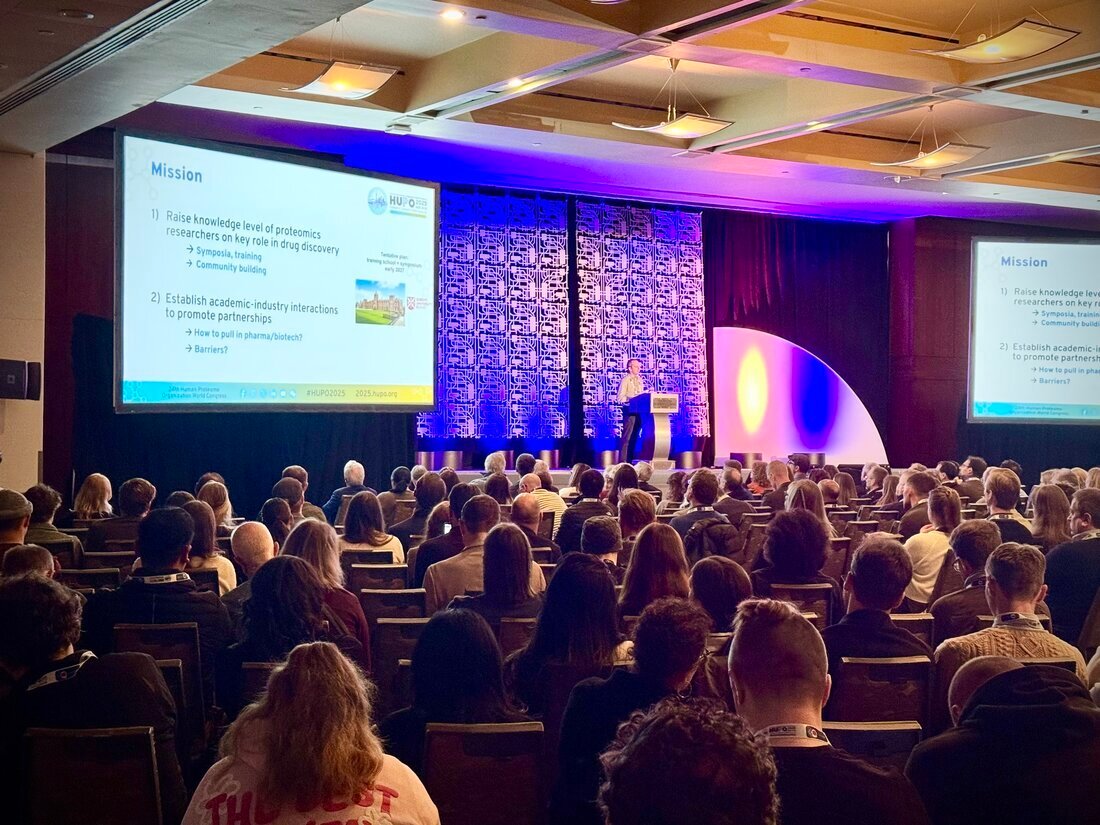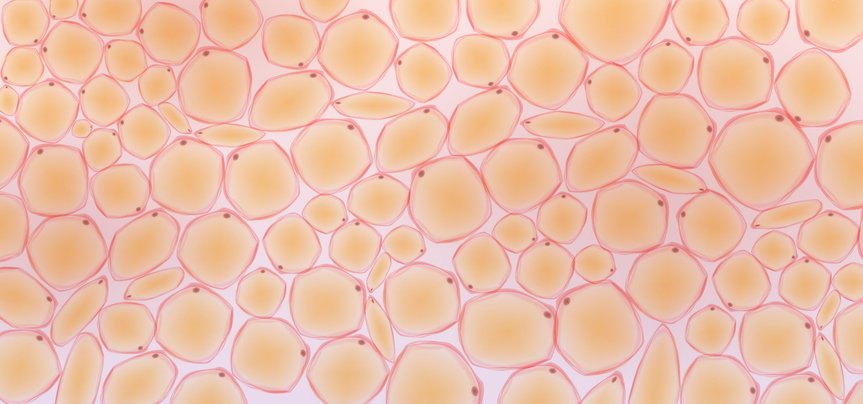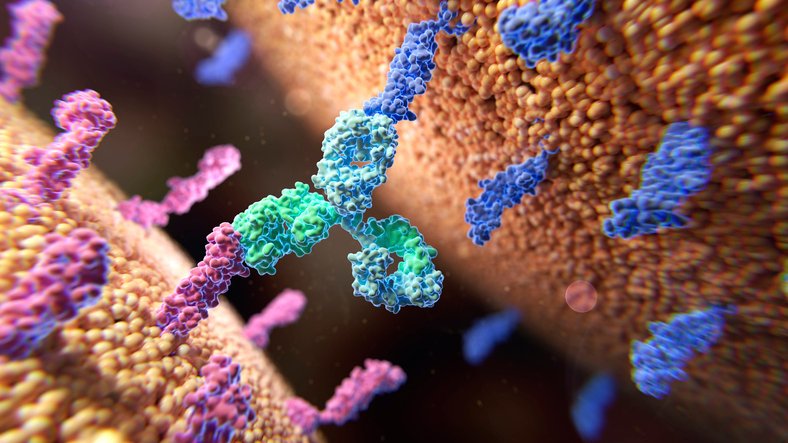Panelists:

Gang Liu, PhD
Senior Program Officer
Gates Foundation
Panelist

Gang Liu, PhD
Gang Liu is a Senior Program Officer at the Gates Foundation, where he shapes and executes drug discovery programs addressing global health needs. He manages the foundation’s investment in the Global Health Drug Discovery Institute (GHDDI) in Beijing and directs the Malaria Drug Accelerator (MalDA), a collaborative platform across 15 labs delivering novel antimalarial lead compounds. As Executive Director at Kelun Pharmaceutical Research Institute, he delivered three pre-clinical development candidates and one IND filing in China within two years. At Ambit Biosciences, he developed kinase inhibitor drugs for cancer and autoimmune diseases, fulfilling the promise of their KinomeScan technology platform. During his twelve years at Abbott Laboratories, he was directly responsible for the identification of three clinical development candidates, including ABT-546 for prostate cancer and IC-747 for psoriasis. Gang was inducted to the Volwiler Society as an Associate Research Fellow in 2003 for scientific excellence. He holds a PhD in Organic Synthetic Chemistry from Rice University and a Bachelor of Science from Peking University.

Brice Campo, PhD
Head of Biology and Innovation
Technologies Medicines for Malaria Ventures
Panelist

Brice Campo, PhD
Brice Campo is the Head of Biology and Innovative Technologies at Medicines for Malaria Venture, with over 13 years of experience at MMV where he has progressed from Associate Director to Senior Director of Drug Discovery prior to his current role. He has extensive research experience in neuroscience with particular expertise in GPCRs and ion channels targets. His malaria drug discovery work spans hit-to-lead, lead optimization, and candidate selection phases, with specialties in CNS and parasitology. At Addex Pharmaceuticals, he participated in the company’s growth from early development through IPO, where he served as Group Leader in In Vitro Pharmacology. Earlier in his career, he was a Research Scientist at the Genomics Institute of the Novartis Research Foundation. Brice holds a PhD in Neuroscience and Immunology from the University of Sheffield and an MPhil in Neuroscience from the University of Montpellier. He brings strong technical expertise in radioligand binding and electrophysiology, along with proven scientific leadership and project management skills, including coordination of interdisciplinary teams across major pharmaceutical collaborations.

Jeremy Burrows, PhD
VP, Head of Discovery
Medicines for Malaria Venture
Panelist

Jeremy Burrows, PhD
Jeremy Burrows is the VP, Head of Discovery at Medicines for Malaria Venture (MMV), where he leads the Discovery team focused on developing new medicines for malaria control and eradication. With over 16 years at MMV and prior experience at AstraZeneca, he has helped deliver more than 25 candidate drugs into the antimalarial pipeline. His career includes leadership positions in medicinal chemistry across therapeutic areas including neurology, respiratory, and inflammation, managing teams of up to 20 chemists. Jeremy holds a D.Phil. in Synthetic Organic Chemistry from the University of Oxford and serves on multiple scientific advisory boards including the ASAP AVIDD antiviral drug discovery consortium and the BMGF Cryptosporidium Discovery accelerator projects.

James Duffy, PhD
Senior Director of Drug Discovery
Medicines for Malaria Venture
Panelist

James Duffy, PhD
James Duffy is a Senior Director of Drug Discovery at Medicines for Malaria Venture (MMV), where he provides strategic scientific leadership to multidisciplinary antimalarial drug discovery projects. He contributes medicinal chemistry expertise to global efforts aimed at discovering and developing novel antimalarial compounds for vulnerable populations in disease-endemic regions. At MMV, he advises project teams on all aspects of drug discovery, particularly compound design for biological evaluation and analysis of efficacy and safety data. Prior to joining MMV, he spent 16 years at BioFocus, progressing from Senior Scientist to Team Leader in Medicinal Chemistry, where he designed and implemented work plans ensuring programmatic objectives were met. His earlier work applied structure-activity relationship-based design toward small molecule optimization. James holds a PhD in Organic Chemistry from the University of Sussex, where he investigated stereochemical features in fungal lysine biosynthesis through stereospecific synthesis of chemically labeled intermediates, and was awarded the University of Sussex Bader prize during his BSc studies. With over two decades of experience in drug discovery, he continues to support collaborative partnerships with academic, biotechnology, and pharmaceutical organizations.

Elizabeth Winzeler, PhD
Associate Dean and Professor
University of California, San Diego
Panelist

Elizabeth Winzeler, PhD
Elizabeth Winzeler is a Professor at the University of California, San Diego School of Medicine and Associate Dean for Research and Innovation at UC San Diego Skaggs School of Pharmacy and Pharmaceutical Sciences. Her research specialties encompass drug development, cellular screening, malaria, genomics, genetics, chemical biology, infectious disease, microbiology, and systems biology. Prior to her current roles, she served as Department Head at the Genomics Institute of the Novartis Research Foundation for 13 years and as Associate Professor at The Scripps Research Institute for nearly 12 years. Dr. Winzeler earned her Ph.D. in Development Biology from Stanford University School of Medicine and a Master of Science in Biochemistry from Oregon State University. Her work is connected to the Gates Malaria Drug Accelerator (MalDA), where she contributes to advancing antimalarial drug development.

Kelly Chibale, PhD
Professor of Organic Chemistry
University of Cape Town
Panelist

Kelly Chibale, PhD
Kelly Chibale is a Professor of Organic Chemistry at the University of Cape Town (UCT) where he holds the Neville Isdell Chair in African-centric Drug Discovery & Development and is Founder and Director of the Drug Discovery and Development Centre (H3D) at UCT. He is also a Schmidt Sciences AI2050 Senior Fellow and serves as Editor-in-Chief at ACS Medicinal Chemistry Letters, a position he has held since January 2023. Professor Chibale’s research focuses on drug discovery and the development of tools and models to contribute to improving treatment outcomes in people of African descent. His leadership at H3D has contributed to significant momentum in drug discovery research, as demonstrated by the center’s strong performance in early 2025. Based in Cape Town, South Africa, Professor Chibale maintains an active research presence and regularly shares updates about H3D’s progress and scientific advancements with his nearly 2,000 followers on professional networks.
- Time:
Malaria continues to exact a devastating toll, despite decades of research and public health efforts. With the rise of resistant strains to artemisinin combination therapies and other treatments, the hunt is on for innovative ways of targeting the disease. Scientists are investigating approaches such as chemoprevention, single-dose cure combinations, and biologics like monoclonal antibodies and antisense oligonucleotides. At the same time, they are leveraging artificial intelligence (AI) and open-access platforms to build capacity and develop targeted antimalarials.
In this GEN webinar, eight experts discuss collaborative strategies and technological innovations that are shaping the future of malaria drug development. During this roundtable panel discussion, they will highlight how AI streamlines compound design and resistance prediction, how open science is enabling global health research, and how tools like CDD Vault expand computational capabilities for scientists in resource-limited settings. Besides insights into novel therapeutics for malaria and other tropical diseases, the speakers will discuss initiatives to build African research capacity, including technology access grants and pharmacogenomics projects tailored to genetically diverse populations.
Produced with support from:
The post Addressing Malaria Resistance with AI, Open Science, and Next-Gen Therapeutics appeared first on GEN – Genetic Engineering and Biotechnology News.





